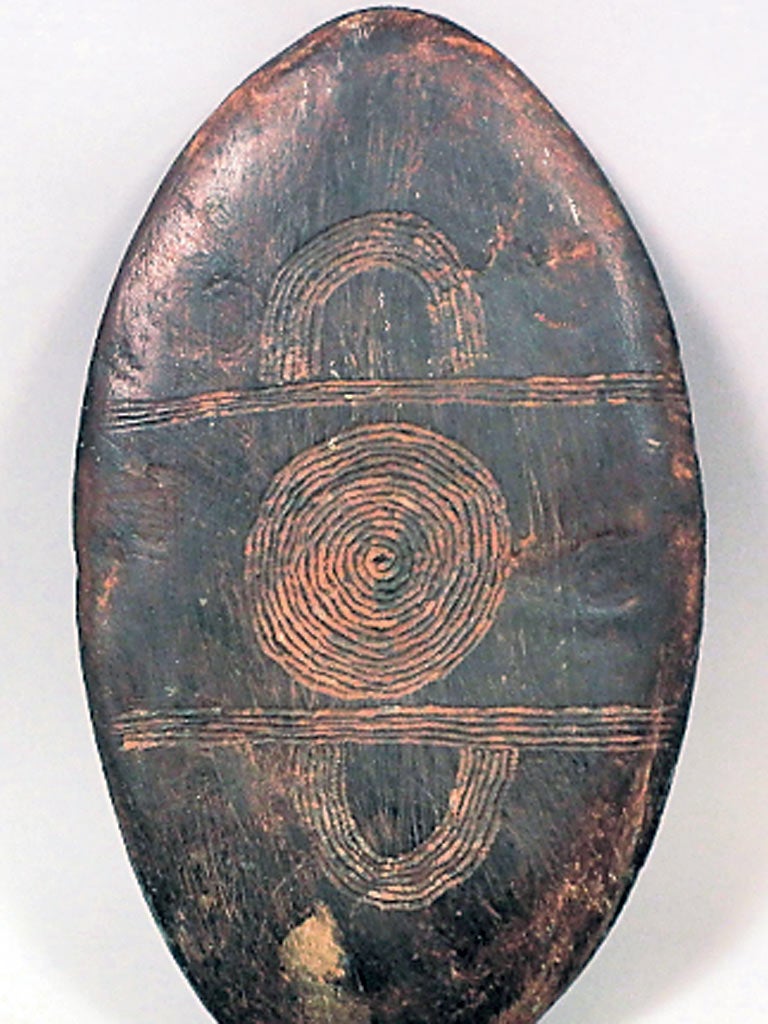Your support helps us to tell the story
From reproductive rights to climate change to Big Tech, The Independent is on the ground when the story is developing. Whether it's investigating the financials of Elon Musk's pro-Trump PAC or producing our latest documentary, 'The A Word', which shines a light on the American women fighting for reproductive rights, we know how important it is to parse out the facts from the messaging.
At such a critical moment in US history, we need reporters on the ground. Your donation allows us to keep sending journalists to speak to both sides of the story.
The Independent is trusted by Americans across the entire political spectrum. And unlike many other quality news outlets, we choose not to lock Americans out of our reporting and analysis with paywalls. We believe quality journalism should be available to everyone, paid for by those who can afford it.
Your support makes all the difference.A cultural conflict between Britain and Australia sparked by the attempted sale of a sacred Aboriginal artefact in Kent looks set to be reignited.
The etched stone "tjuringa", which only Aboriginal male elders are permitted to handle, was withdrawn from sale after provoking international demands for its return to Australia. But its elderly seller is said to be still considering the future of the priceless item.
The seller was given the artefact as a birthday present 50 years ago and intended to sell it at the Canterbury Auction Galleries last month, before protests in the Australian press forced the sale's cancellation. Australian museum officials believe the stone should be returned, but the British auction house's managing director, Tony Pratt, said yesterday it may stay in Britain.
"The vendor wants the item back, she's not dismissed returning it but she's not making any firm decisions," he said.
The sale was expected to raise £6,000.
The controversy began in Australia last month, prior to the auction house's 14 September sale.
Bernice Murphy, the head of Museums Australia, told the Sydney Morning Herald that the stone should be returned to its "rightful male custodians". "The recovery of Aboriginal sacred heritage is an important step," she said.
Ms Murphy classified the item as one of the most sacred in Aboriginal culture and said that such objects are "more important to Aboriginal culture than the Elgin Marbles are to Greece".
The stone has been traced to the Arrente tribe in Australia's Central Desert. According to the auction house's website, the seller, a "Kent Lady", was given it in 1961 by Archer Russell, an Australian naturalist and writer, after she moved to Sydney with her husband.
Such objects are said to represent the bodies of totemic Aborigine ancestors with powers to influence the collective fate of the clan. Traditionally they were only seen by women "on pain of death", with many museums in Australia refusing to exhibit them out of respect for Aboriginal beliefs.
Michael Cawthorn from the Museum and Art Gallery of the Northern Territory had also appealed to Canterbury Auction Galleries to withdraw the stone from sale. "These objects do turn up from time to time on online auction sites and so on, but it's something that the museum and the Australia Research Centre considers to be very inappropriate, given the spiritual significance of these objects to Aboriginal people," he told ABC last month.

Join our commenting forum
Join thought-provoking conversations, follow other Independent readers and see their replies
Comments